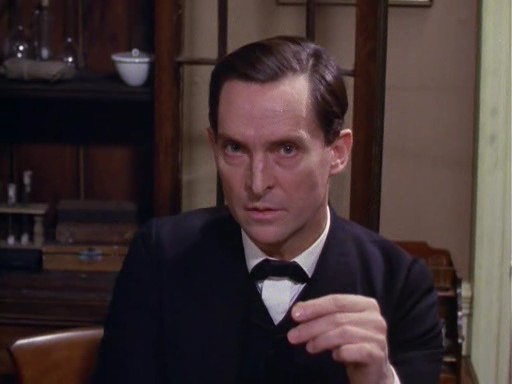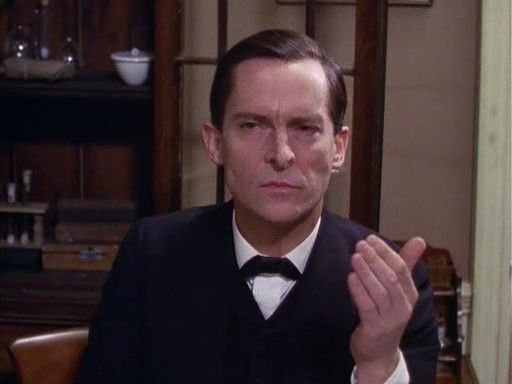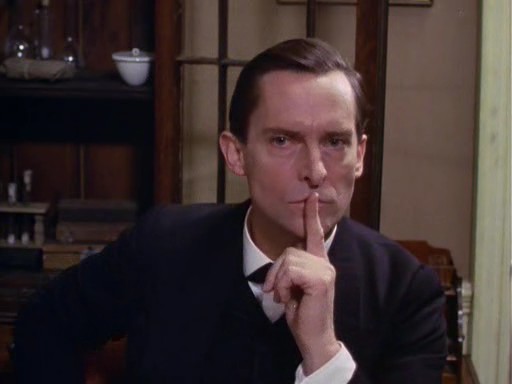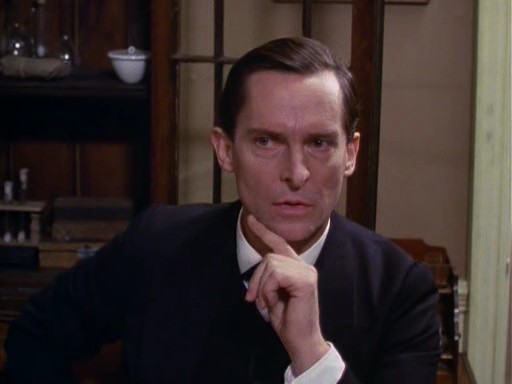Text
Man, I still cannot get over how mature Frozen 2 was. Like, sure, it’s still ostensibly a family film that all ages can enjoy, but I think this is the first time I’ve seen a Disney animated movie that was willing to target the adults in its audience more than the kids. The songs are far less traditional catchy Disney sing-along fare, more classic musical theater storytelling character pieces with weird and experimental tonal choices. It abandons the use of fairy tale language and symbols that the first movie used (no mention of true love’s kiss, royal balls, princess-y stuff) in favor of something far more akin to a mythology-inspired RPG adventure. A massive chunk of the storytelling and themes is communicated in subtext and metaphor, especially with Elsa’s big song in the third act. And so much of the drama revolves around feelings that are… far more difficult, complex, and adult-oriented than kids’ movies usually tackle. Self-actualization by way of coming to terms with your past trauma, siblings who love each other yet find their lives drawn in different directions, struggling to do the right thing when you don’t even know what the right thing is anymore, heck, even Olaf’s comic existential crisis; these aren’t the kinds of emotional struggles kids can relate to as easily as teenagers and grown-ups can.
And that’s entirely intentional. Because in case Olaf’s blatant fourth-wall break in his and Anna’s opening song didn’t tip you off (”And you’ve gotten older too,” he says, speaking directly to the audience), Frozen 2 isn’t really for the kids of today that saw the first film after the fact. It’s for the kids of six years ago who first fell in love Anna and Elsa. Or, more accurately, it’s for the teenagers and young adults those kids grew up into. It takes us back to the site of one of our favorite childhood memories and dares to let those memories, ironically, unfreeze. Anna, Elsa, Kristoff, and all the rest have grown up right along with us, and just as our worries and concerns have changed from when we first saw Frozen as kids, their struggles have grown in scope and complexity as well. If the first Frozen was about as perfect a fairy tale for kids as you could get, then Frozen 2 is about exploring what happens after the fairy tale is over and the lessons you learned from it are no longer enough to contend with an increasingly complicated world. So it’s able to be bolder, and less constrained, and go in more sprawling, yet also more intimate directions, and the songs get to do cooler musical things that aren’t as immediately hummable but are so freaking emotionally powerful, and the emotional journeys everyone goes through are able to speak to the grown-ups we’re slowly becoming instead of just the kids we once were, and cripes, can you imagine anything like “Show Yourself” in the first movie? There’s no way! That song is just too, well, adult in its vision of self-acceptance and discovering meaning to work in a fairy tale context. That song could only make sense once the fairy tale started to grow up.
I could honestly go on and on about how much I flipping love this, but I’ve rambled on long enough. TLDR, Frozen 2 matures the themes of the first movie in truly fascinating ways, and it makes for the first Disney Princess movie I’ve seen that might be better at speaking to adults than kids. Feel free to add any of your own insights to this post; I’d love to know what parts of Frozen 2 really touched you in this way!
7K notes
·
View notes
Text
english: coconut oil
french: :)
english: oh boy
french: oil of the nut of the coco
771K notes
·
View notes
Text
Ginormous shout-out to @lordofguts and @segasaturn0 for helping me get my Beetlejuice Broadway fix. Y'all are the real MVPs!
2 notes
·
View notes
Text
Rehab for writing injuries
You’ve heard of “making writing a habit,” and you’ve tried, but the pressure to write fills you with horrible pain and dread. You spend all your time wishing you could write but somehow never writing. The “make it a habit” approach doesn’t work for you. But you still want to write, maybe even regularly. Is there nothing you can do?
Here is an alternative approach to try. A rehab program, as it were, for writers with a psychological “writing injury” that has destroyed their desire to write and replaced it with shame, anxiety and dread.
If you have a writing injury, you probably acquired it by being cruel to yourself, by internalizing some intensely critical voice or set of rules that crushes your will to write under the boot-heel of “you should.” “You should be writing better after all the years of experience you’ve had.” “You should be writing more hours a day, you’ll never get published at this rate.” “You should write more like [Hilton Als/Jeffrey Eugenides/Octavia Butler/Terry Pratchett/etc.].” “You should write faster/more/better/etc./etc.”
You know what, though? Fuck all that. Self-abuse may have featured heavily in the cool twentieth-century writer’s lifestyle, but we are going to treat ourselves differently. Because 1) it’s nicer, and 2) frankly, it gets better results. My plan here is to help you take the radical step of caring for yourself.
1) First of all: ask yourself why you aren’t writing.
Not with the goal of fixing the problem, but…just to understand. For a moment, dial down all of the “goddammit, why can’t I just write?” blaring in your head and be curious about yourself. Clearly, you have a reason for not writing. Humans don’t do anything for no reason. Try to discover what it is. And be compassionate; don’t reject anything you discover as “not a good enough excuse.” Your reasons are your reasons.
For me, writing was painful because I wanted it to solve all my problems. I wanted it to make me happy and whole. I hated myself and hoped writing would transform me into a totally different person. When it failed to do that, as it always did, I felt like shit.
Maybe writing hurts because you’ve loaded it with similarly unfair expectations. Or maybe you’re a victim of low expectations. Maybe people have told you you’re stupid or untalented or not fluent enough in the language you write in. Maybe writing has become associated with painful events in your life. Maybe you’ve just been forced to write so many times that you can no longer write without feeling like someone’s making you do it. Writing-related pain and anxiety can come from so many different places.
2) Once you have some idea of why you’re not writing…just sit with that.
Don’t go into problem-solving mode. Just nod to yourself and say, “yes, that’s a good reason. If I were me, I wouldn’t want to write either.” Have some sympathy for yourself and the pain you’re in.
3) Now…keep sitting with it. That’s it, for the moment. No clever solutions. Just sympathize. And, most importantly, grant yourself permission to not write, for a while.
It’s okay. You are good and valuable and worthy of love, even when you aren’t writing. There are still beautiful, true things inside of you.
Here’s the thing: it’s very hard for humans to do things if they don’t have permission not to do them. It’s especially hard if those things are also painful. We hate feeling trapped or compelled, and we hate having our feelings disregarded. It shuts us down in every possible way. You will feel more desire to write, therefore, if you believe you are free not to write, and if you believe it’s okay not to do what causes you pain.
(By the way: not having permission isn’t the same as knowing there will be negative consequences. “If I don’t write, I won’t make my deadline” is different from “I’m not allowed not to write, even if it hurts.” One is just awareness of cause and effect; the other is a kind of slavery.)
4) For at least a week, take an enforced vacation from writing, and from any demands that you write. During this time, you are not permitted to write or give yourself grief for not writing.
This may or may not be reverse psychology. But it’s more than that.
Think of it as a period of convalescence. You’re keeping your weight off an injury so it can heal, and what’s broken is your desire to write. Pitilessly forcing yourself to write when it’s painful, plus the shame you feel when you don’t write, is what broke that desire. So, for a week (or a month, or a year, or however long you need) tell yourself you are taking a doctor-prescribed break from writing.
This will feel scary for some folks. You might feel like you’re giving up. You might worry that this break from writing feels too good, that your desire to write might never return. All I can say is, I’ve been there. I’ve had all those fears and feelings. And the desire to write did return. But you gotta treat it like a tiny crocus shoot and not stomp on it the second it pokes its little head up. Like so:
5) Once you feel an itch to write again—once you start to chafe against the doctor’s orders—you can write a tiny bit. Only five or ten minutes a day.
That’s it. I’m serious: set a timer, and stop writing when the time’s up. No cheating. (Well…maybe you can take an extra minute to finish your thought, if necessary.)
Remember: these rules are not like the old rules, the ones that said, “you must write or you suck.” These rules are a form of self-care. You are not imposing a cruel, arbitrary law, you are being gentle with yourself. Not “easy” or “soft”—any Olympic athlete will tell you that hard exercise when you’ve got an injury is stupid and pointless, not tough or virtuous. If you need an excuse to take care of yourself, that’s it: if you’re injured, you can’t perform well, and aggravating the injury could take you out of the competition permanently.
For the first few days, all of the writing you do should be freewriting. Later, you can do some tiny writing exercises. Don’t jump into an old project you stalled out on. Think small and exploratory, not big and goal-oriented. And whatever you do, don’t judge the output. If you have to, don’t even read what you write. This is exercise, not performance; this is you stretching your atrophied writing muscles, not you trying to write something good. At this stage, it literally doesn’t matter what you write, as long as you generate words. (Frankly, it would be kind of weird and unfair if your writing at this point was good.)
6) After a week, you can increase your time limit if you want. But only a little!
Spend a week limiting yourself to, say, twenty minutes a day instead of ten. When in doubt, set your limit for less than you think you’ll need. You want to end each writing session feeling like you could keep going, not like you’re crawling across the finish line.
Should you write every day? That’s up to you. Some people will find it helpful to put writing on their calendar at the same time each day. Others will be horribly stifled by that. You get to decide when and how often you write, but two things: 1) think about what you, personally, need when you make that decision, and 2) allow that decision to be flexible.
Remember, the only rule is, don’t go over your daily limit. You always have permission to write less.
And keep checking in with yourself. Remember how this program began? If something hurts, if your brain is sending you “I don’t wanna” signals, respect them. Investigate them, find out what their deal is. You might decide to (gently) encourage yourself to write in spite of them, but don’t ignore your pain. You are an athlete, and athletes listen to their bodies, especially when they’re recovering from an injury. If writing feels shitty one day, give yourself a reward for doing it. If working on a particular project ties your brain in knots, do a little freewriting to loosen up. And always be willing to take a break. You always have permission not to write.
7) Slowly increase your limit over time, but always have a limit.
And when you’re not writing, you’re not writing. You don’t get to berate yourself for not writing. If you find yourself regularly blazing past your limit, then increase your limit, but don’t set large aspirational limits in an effort to make yourself write more. In fact, be ready to adjust your limit lower.
When it comes to mental labor, after all, more is not always better. Apparently, the average human brain can only concentrate for about 45 minutes at a time, and it only has about four or so high-quality 45-minute sessions a day in it. That’s three hours. So if you set your daily limit for more than three hours, you may be working at reduced efficiency, when you’d be better off saving up your ideas and motivation for the next day. (Plus, health and other factors may in fact give you less than 3 good hours a day. That’s okay!)
Of course, if you’re a professional writer or a student, external pressures may force you to write when your brain is tired, but my point is more about attitude: constant work is not necessarily better work. So don’t make it into a moral ideal. We tend to think that working less is morally weak or wrong, and that’s bullshit. Taking care of yourself is practical. Pushing yourself too hard will just hurt you and your writing. Also, your feelings are real and they matter. If you ignore or abuse them, you’ll be like a runner trying to run on a broken ankle.
I know I’m going to get someone who says, “if you’re a pro, sometimes you gotta ignore your feelings and just get the work done!”
NO.
You can, of course, choose to work in spite of any pain you’re feeling. But ignore that pain at your peril. Instead, acknowledge the pain and be compassionate. Forgive yourself if pain slows you down. You are human, so don’t hold your feet to the fire for having human limitations. Maybe a deadline is forcing you to work anyway. But make yourself a cup of hot chocolate to get you through it, literally or metaphorically. Help yourself, don’t force yourself. If you’ve had a serious writing injury, that shift in attitude will make all the difference.
In short: treat yourself as someone whose feelings matter.
Try it out! And let me know how it goes!
Ask a question or send me feedback!
13K notes
·
View notes
Photo
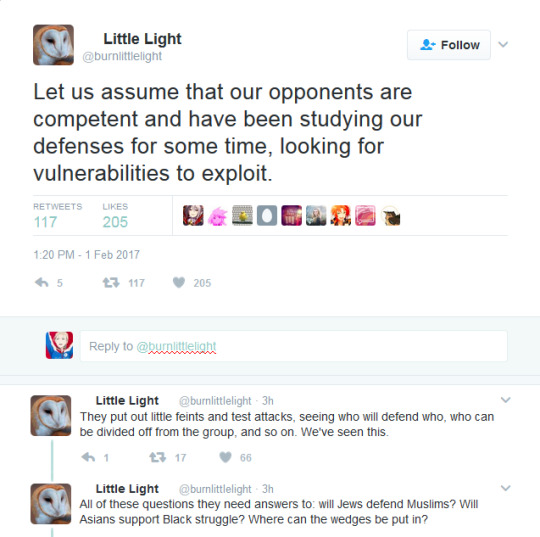
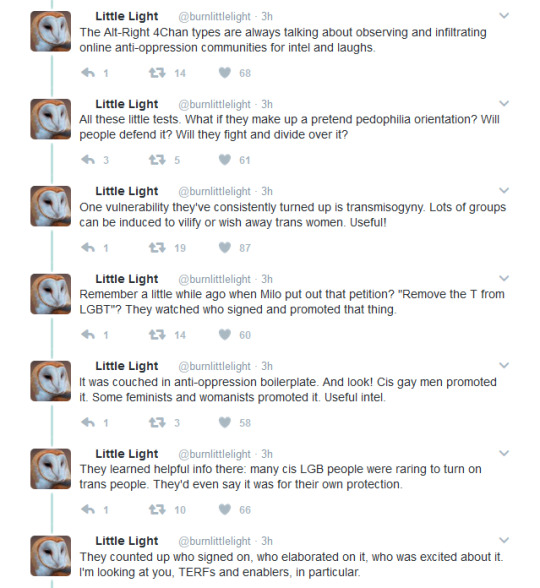
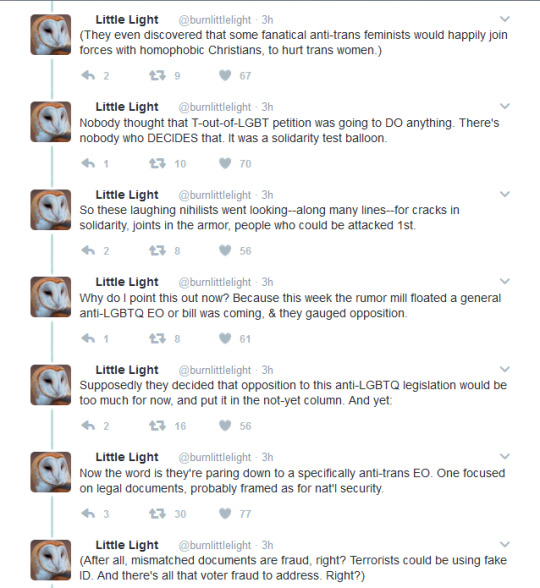
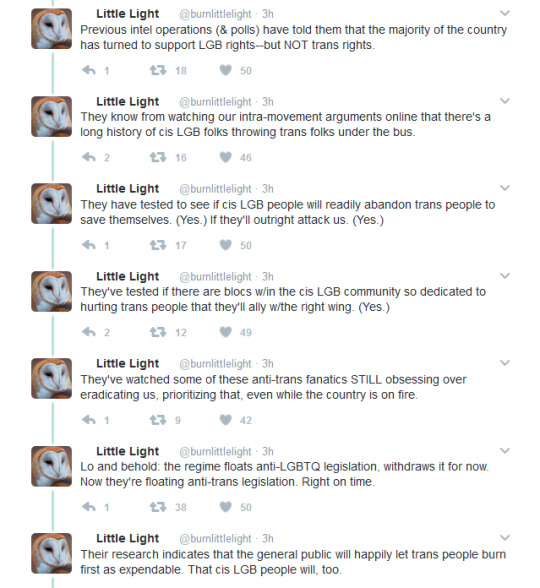
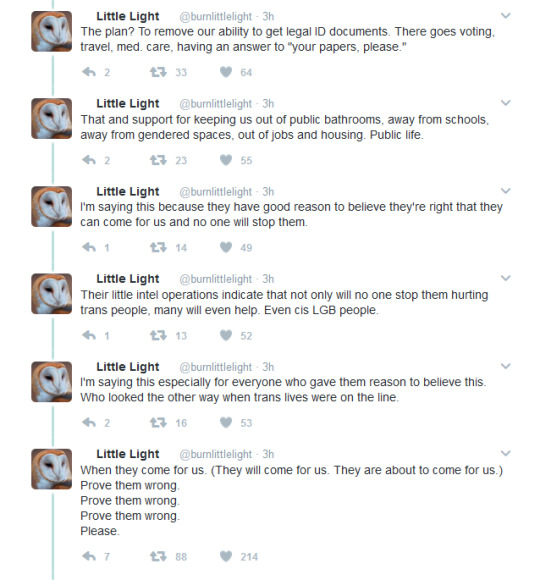
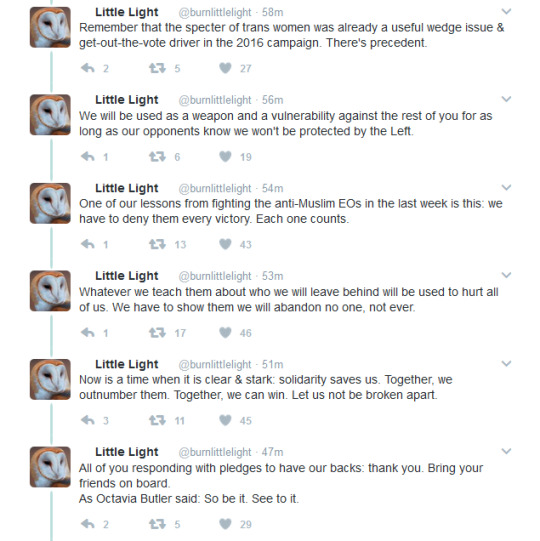
Screenshotted this thread because you all need to see it.
(Cis LGB, I’m expecting you to reblog this.)
35K notes
·
View notes
Photo
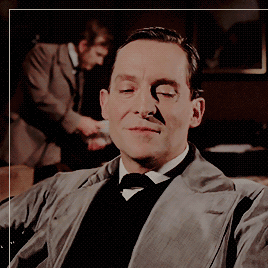
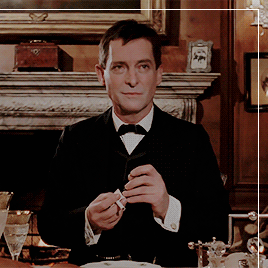
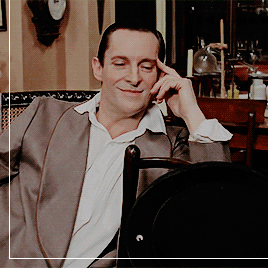
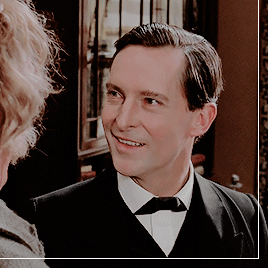
… A few yards off he stopped under a lamp-post and laughed in the hearty, noiseless fashion which was peculiar to him.—The Blue Carbuncle
2K notes
·
View notes
Photo
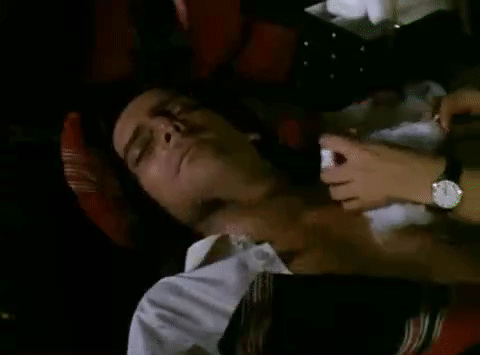
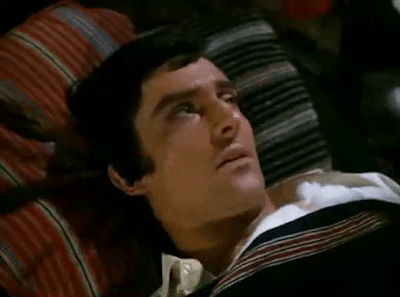

Jeremy January 2018, Day 18: The (injured) Bey In The Champions: Desert Journey (1969)
158 notes
·
View notes
Photo

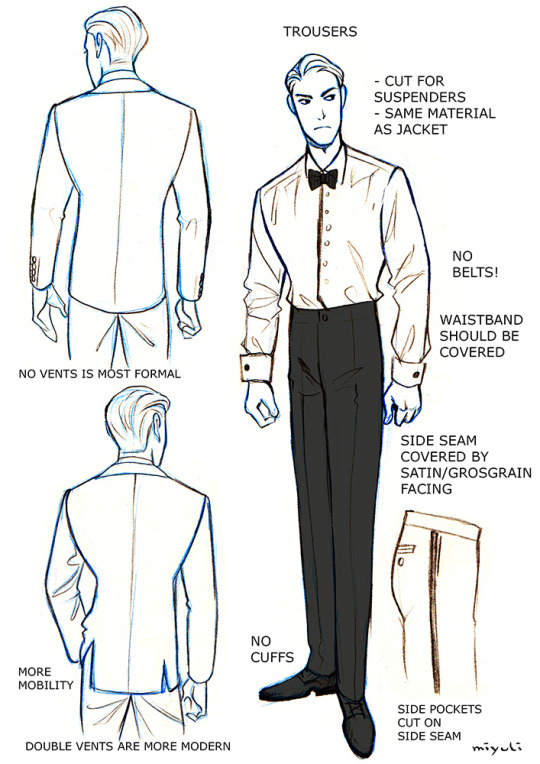

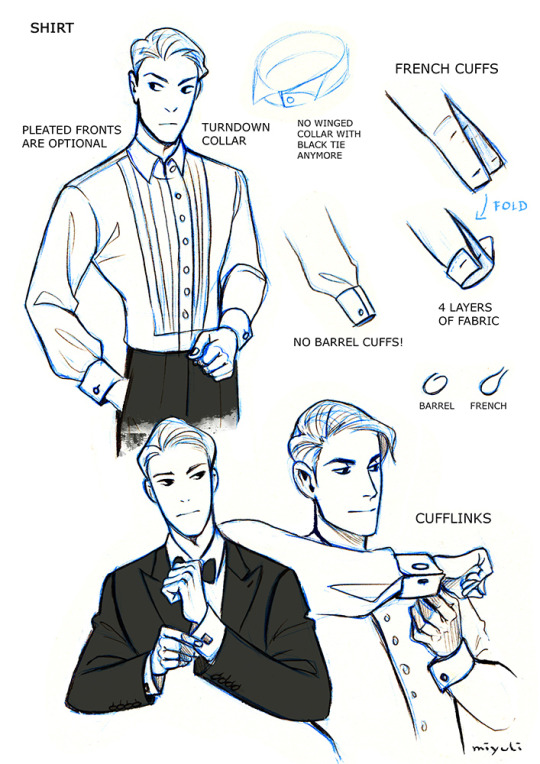

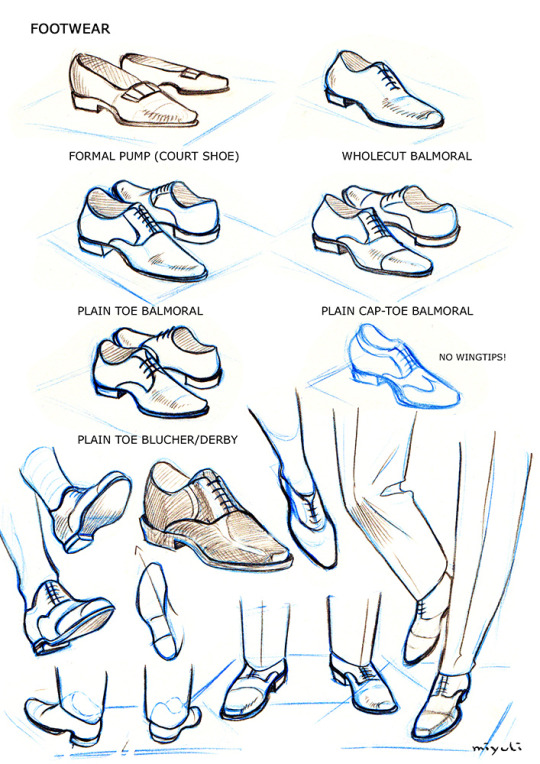
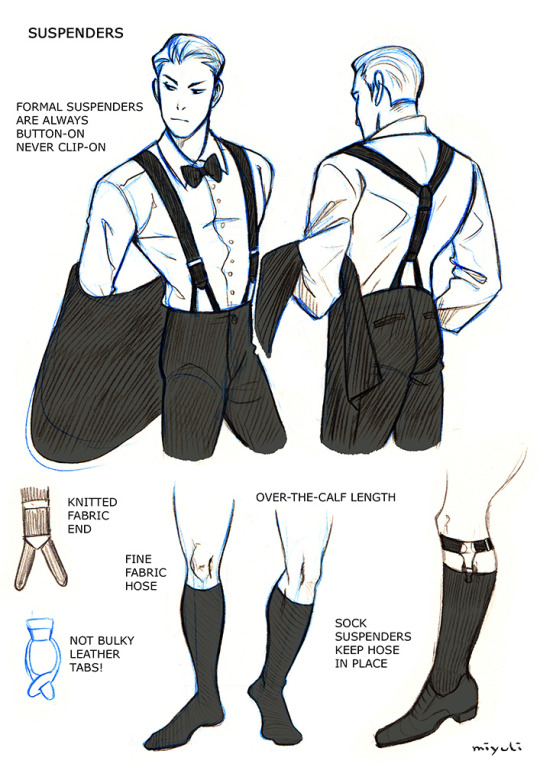
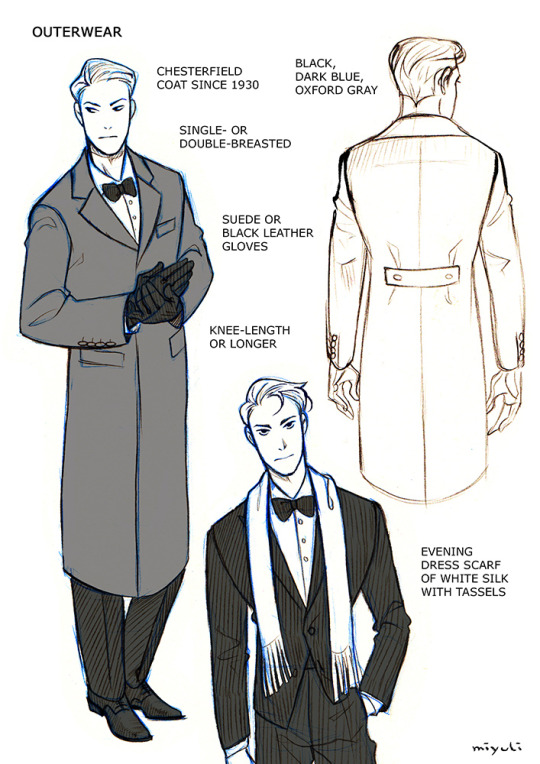
I’ve been studying the classic black tie dress code (mainly from here) so I thought I could share my notes. Maybe they can be helpful to someone else, too. If I made any mistakes or things are really confusing please tell me.
I also have some notes on white tie which I could share as well…
176K notes
·
View notes
Text

Jeremy January 2017, Day 8: Here, have this totally weird and poor quality promo photo of Jeremy for My Fair Lady (1964).
90 notes
·
View notes
Text
So basically Watson finds Holmes in an opium den and Holmes is like ‘I missed you bae, let’s go on adventures’ And Watson is like ‘well yeah I am all yours.’ Then Holmes reminds him ‘send a note to your wife.’ And Watson is ‘Oh yeah a note, to wife. Right.*fuck i forgot about wife again.that was close* BTW I AM SO SURPRISED TO FIND YOU HERE HOLMES’
177 notes
·
View notes
Photo
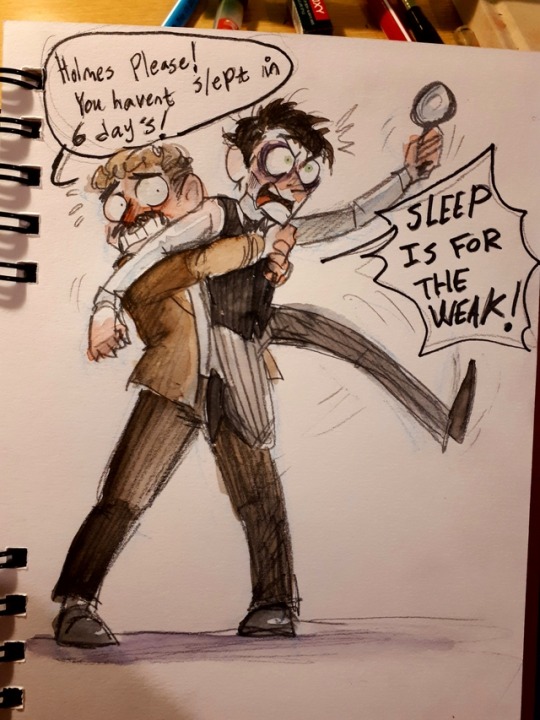
Just a fun little doodle while watching (Granada) Sherlock Holmes. :3
Sherlock really should get in the habit of taking better care of himself, the poor damaged penguin.
1K notes
·
View notes
Photo
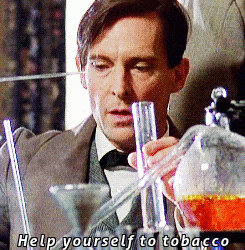
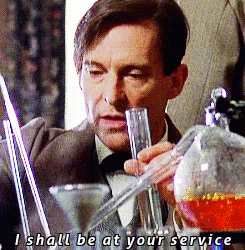
“An anomaly which often struck me in the character of my friend Sherlock Holmes was that, although in his methods of thought he was the neatest and most methodical of mankind, and although also he affected a certain quiet primness of dress, he was none the less in his personal habits one of the most untidy men that ever drove a fellow-lodger to distraction.
…when I find a man who keeps — his tobacco in the toe end of a Persian slipper — then I begin to give myself virtuous airs.”
The Musgrave Ritual
763 notes
·
View notes
Text
Ted Tuesdays!!
An Edward Hardwicke Watch Party!
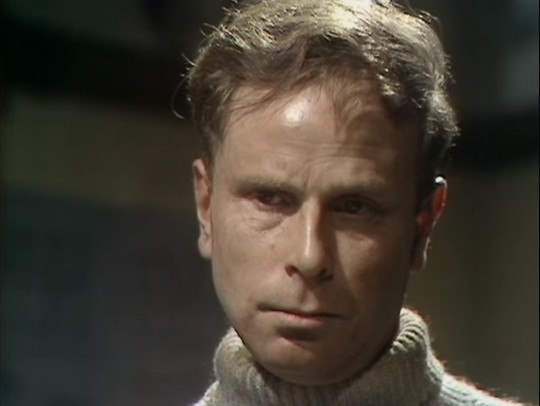
Colditz (1972)
We’ll be watching episodes 1 & 3. We’re skipping ep 2 as Ted’s not in it at all, but I can provide a link if anyone wants to watch it at their leisure.
Run Time approx: Roughly 2hrs. 50 mins each ep.
When: Tuesday 2nd January 2018. 10pm GMT. (time zone converter)
Where: Online with Rabb.it. I will post a link 10 mins before we start to allow everyone to get in and settled before we begin. Everyone is welcome to come along and join us! :3 Also if you’d like to be tagged in future posts just reply to this or send me a message.
Tags: @tremendousdetectivetheorist @jeremyholmes
18 notes
·
View notes
Photo
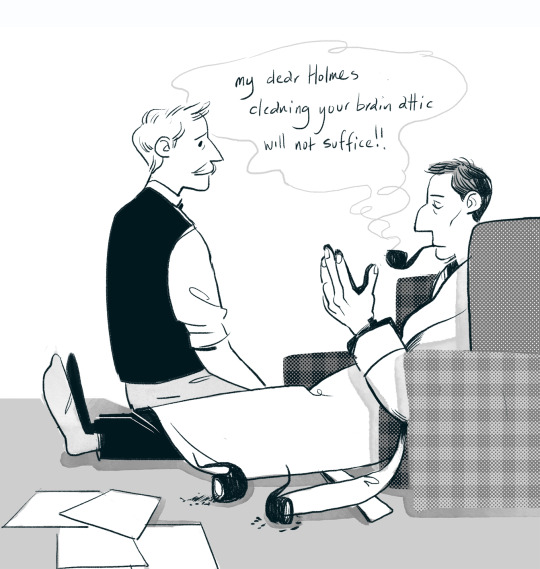
cleaning your brain attic doesn’t count!!
A reminder that my Patreon feed/rewards begin next month!
1K notes
·
View notes
Photo

otp221b
said: Granada Holmes, please. Watson and Holmes and spring rain?
Spring rain can be nice but be careful and don’t catch a cold. I like how this turned out so I might make it into a card – thanks for the lovely prompt!
2K notes
·
View notes
